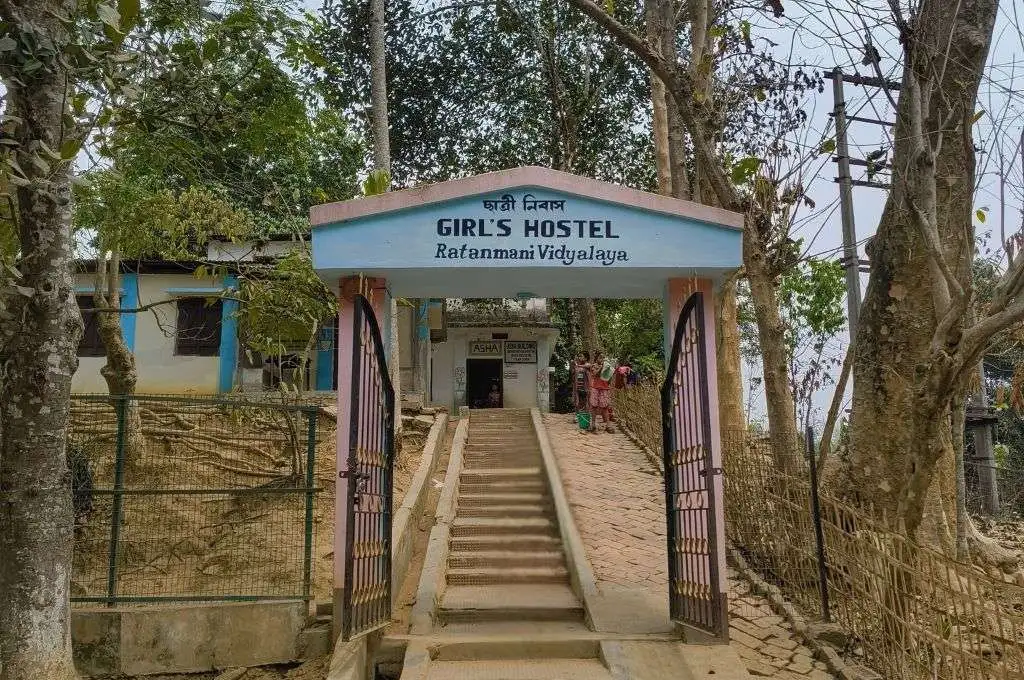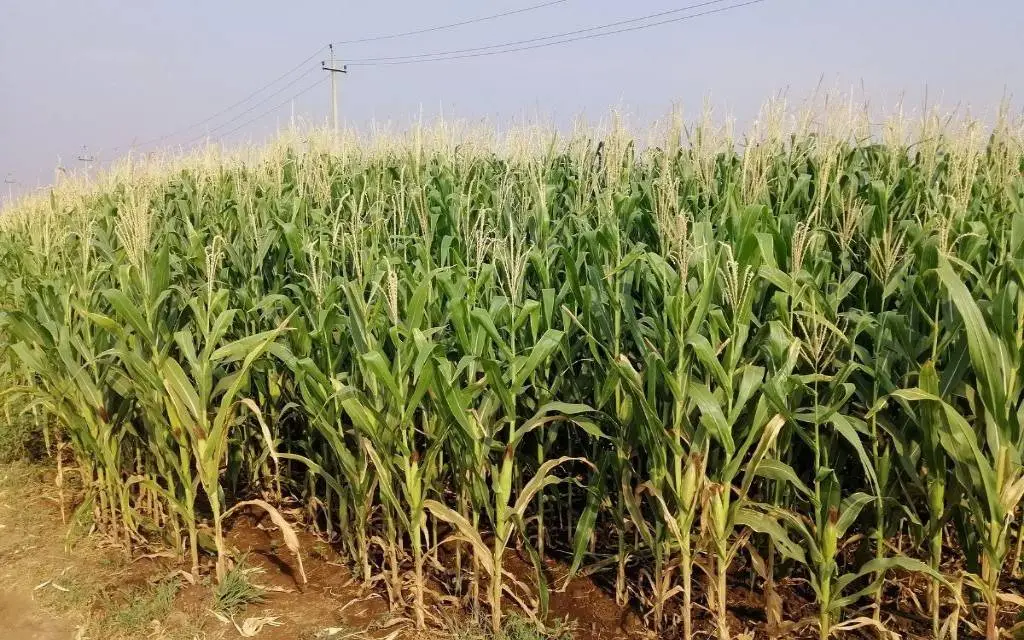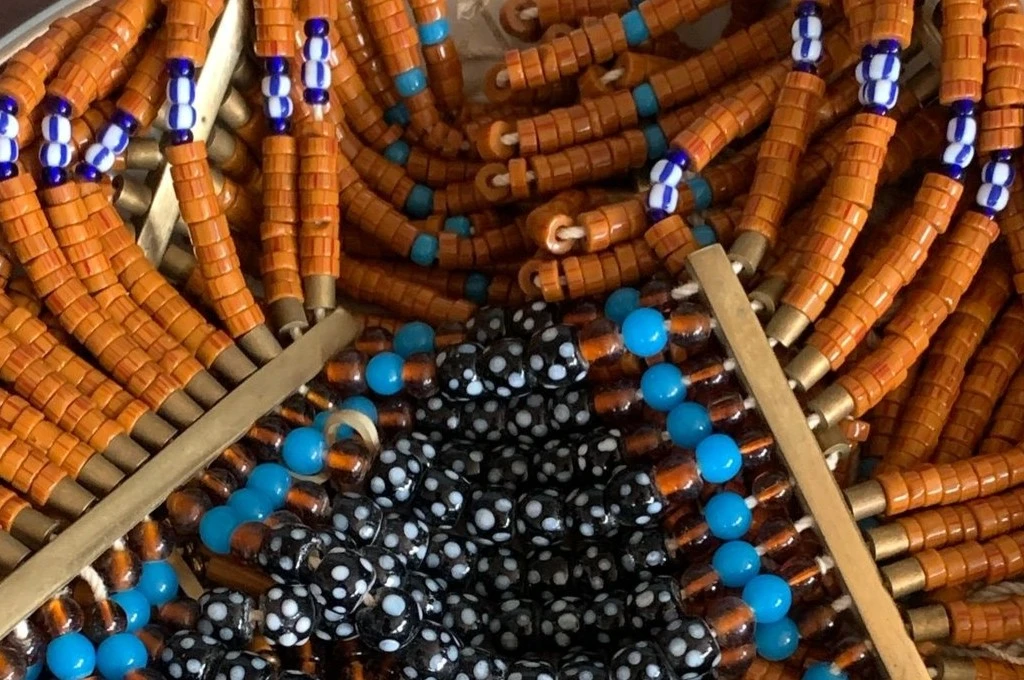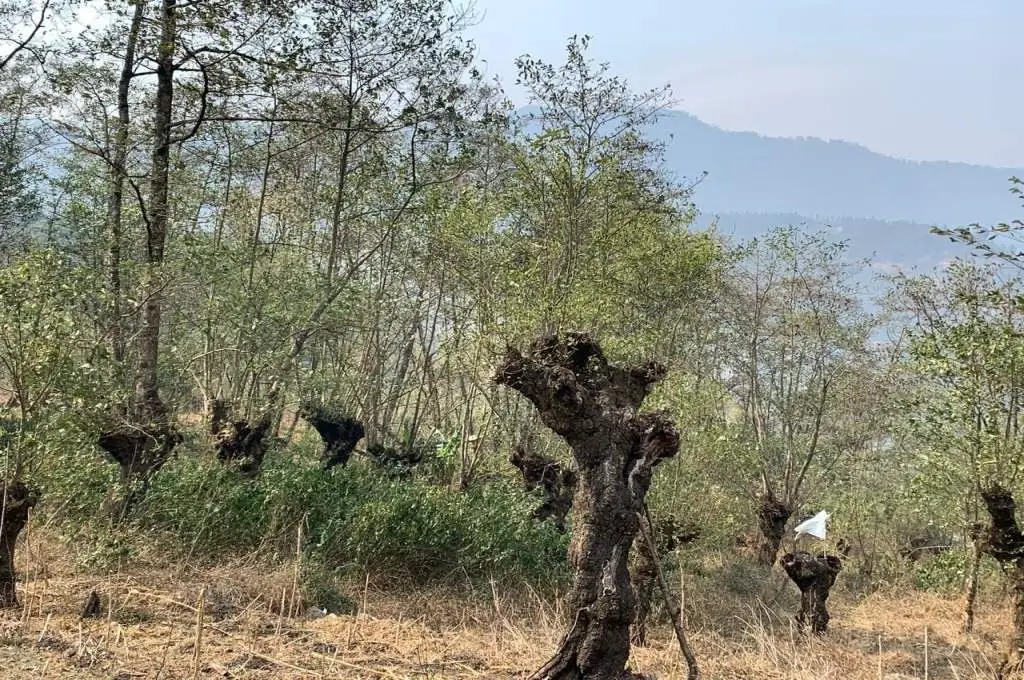At the mercy of the mafia
According to experts, one of the most effective ways of preventing COVID-19 is to wash hands frequently using soap. This well-meaning advice is proving to be a major challenge in water stressed villages across Rajasthan, where people do not have access to safe drinking water, let alone water to wash their hands.
In Saijali panchayat, villagers have to walk for miles to collect drinking water. “Due to the lockdown, all of us are out of work. Under the Bhamashah Yojana, we have been provided ration, however, there is no water. All the storage tanks are dry,” shares Krantidevi Kalbelia*, a member of the Kalbelia Adivasi community.
According to Krantidevi, their village was not provided with any water supply point under the Indira Gandhi Canal Project—India’s largest irrigation project. There is a handpump in the village that offers saline water, but for the last one and half months, even that is not working. Villagers have raised the issue with the concerned authorities, but without any success.
Since their village is located at a height of 40 feet on a sand dune, even getting a water tanker is difficult. “Without a road, the only way to transport the water tanker to this height is by connecting two tractors together, at a cost of INR 2000 per tanker, which none of us can afford,” shares another member of the Kalbelia community.
Not only is this water crisis forcing villagers to drink unsafe water, it is also making the water mafias more powerful. These mafias sell water through tankers, after illegally acquiring it from the pipeline of Indira Gandhi Canal Project.
A similar situation is playing out in Gangapura village. Here, the canal pipeline passes through 50 hamlets which are inhabited by members of the Bhil community. Yet there is no supply point for the villagers to collect water. “Every day, we see hundreds of tankers being filled illegally. They break the pipeline, put pipes in water tanks, and pump out the water. This water theft, undoubtedly, is transpiring under the knowledge of the water department officials. No one cares for people like us who are suffering for a single drop of water,” rues Sita Ram Bhil*.
“The water crisis is an annual affair, but in this lockdown, we have hit rock bottom. We are confused. With whatever small savings we have, should we buy water or ration?” asks Shantiram Bhil*.
*Names changed to maintain confidentiality.
Dilip Singh Bidawat is a senior development journalist and social activist. The original story was published by Charkha Features.
—
Know more: Read 10 facts about the water crisis in India.
Do more: Connect with the author at diliprajasthani@gmail.com to understand more about and support his work.



